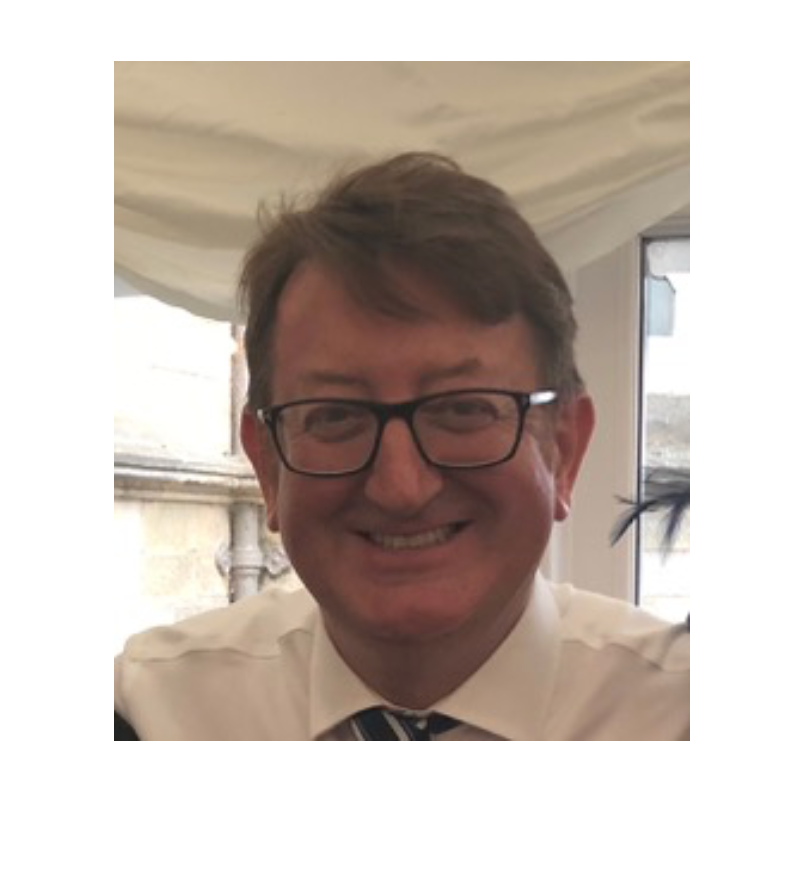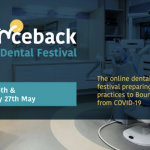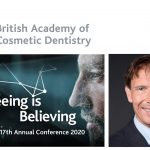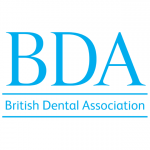With the VSS Academy’s next MSc in Clinical Implantology commencing this September in Glasgow, we speak to Colin Burns about the training opportunities available to clinicians with an interest in the field.
For those looking to develop and refine their knowledge and skills in dental implantology, there are many different training and educational opportunities to consider. Choosing the right one for you will enable you to get the very most from your investment.
Dr Colin Burns, Chairman and Fellow of the International Team for Implantology (ITI) UK and Ireland, is passionate about implant and restorative dentistry. He is recognised throughout the profession for his extensive clinical experience, as well as his commitment to teaching and mentoring colleagues. He offers some advice about how clinicians can choose the right training course for them to advance their capabilities effectively and safely.
“If dentists are looking to incorporate implants into their clinical practice, they need to ensure that they have sufficient knowledge and skill,” he says. “It is important to undergo quality training and education. Short courses provide a good introduction to implantology, but I believe dentists need to go beyond this if they wish to effectively provide treatment for their patients. The exact training pathway can be decided and incorporated as part of the personal development plan. In my opinion, clinicians would benefit significantly from completing a full year course before delivering implant treatment on their own, notwithstanding the importance of concomitant mentoring. The diploma will provide a high knowledge base, while the Masters programme will encourage delegates to further consider research and the evidence it provides.”

Of course, an MSc in implantology will require a significant investment of time and money. It is therefore essential that clinicians can get the very most from it.
“An MSc teaches over and above a Diploma,” explains Colin. “Clinicians taking an MSc will be in a much better position to appraise the current literature and therefore able to make better decisions in their own clinical practice.
“Regarding when an MSc would be most advantageous for dentists, it largely depends on the individual’s background and surgical experience. I would always recommend that clinicians refer to the Training Standards in Implant Dentistry by the FGDP(UK) if considering the next step in their implant training pathway. The guidance is widely accepted in the UK and will help dentists understand what they should be doing before and during training. I believe that dentists need adequate surgical experience before starting an MSc, if they intend to use the programme to develop clinical skills. They should be relatively confident with surgical extractions, while also being comfortable raising a mucoperiosteal flap, removing bone and suturing.”
Renowned across the UK for high quality training and exceptional speakers, the VSS Academy is delighted to offer an MSc in Clinical Implantology in Glasgow, awarded by the University of Central Lancashire (UCLan). The first of its kind in Scotland, the two-year course provides a comprehensive training programme that covers everything from treatment planning and case selection to implant design and biomechanics, the digital workflow, implant restoration and managing complications. Combining seminars with hands-on days and on-going mentorship and support from the world-class training faculty, the course includes supervised clinical practice to ensure clinicians can apply theory to practice safely.
Colin comments on what he thinks makes this Glasgow MSc course stand out:
“For this course, a variety of high calibre speakers have been brought in from all over the UK. The programme content is very thorough and ensures delegates are trained in the very latest concepts and technologies. I have been very impressed with what the lectures are covering. It is the first implant MSc in Scotland, so it offers an opportunity for Scottish clinicians to advance their knowledge and skills in the field without having to travel extensively. The course is also delivered at weekends to minimise the amount of lost clinical time. Held at the Crown Plaza in Glasgow, it is easy to access with good facilities, and there is a very relaxed environment that facilitates learning.
“Another benefit of this course is that it’s sponsored by Straumann. The implant provider has an established partnership with the ITI, which is one of the world’s largest research and educational organisations in implant dentistry. It offers a plethora of evidence-based research and training experience that provides a useful adjunct to any training programme. The Straumann implant system itself is highly-evidenced and the company is very proactive in education, delivering strong customer support.
“The ITI connection goes one step further with this course – Dr Fadi Barrak is the founder of the VSS Academy and also an ITI Fellow. We have very similar philosophies in implant dentistry, so I am very happy to teach on this course with Fadi.”
Colin leaves us with a final word of advice to ensure any clinicians considering the MSC in Clinical Implantology are able to get the very most from it:
“In preparation for this MSc programme – like any others – clinicians need to allocate sufficient time in their weekly schedules for reading and research, considering both professional and personal commitments. This is not something to do between patients or when you find a spare 10 minutes. Time must be dedicated in a manner that will give the greatest return for the MSc.”
The next cohort for the Glasgow MSC in Clinical Implantology with the VSS Academy commences in September 2020. For more information or to secure your place, visit vssacademy.co.uk.
For more details of all courses supported by the Straumann Group, please visit www.skill.straumann.com/en-GB/Home
















